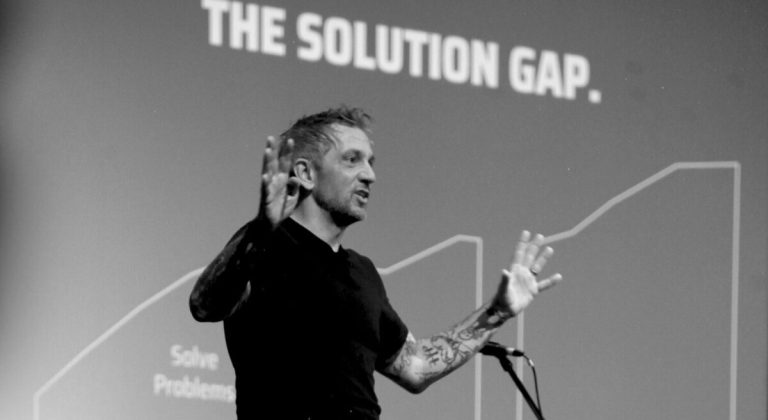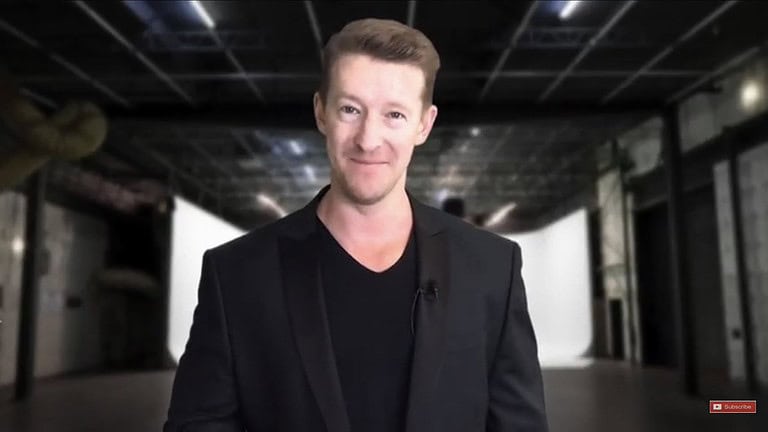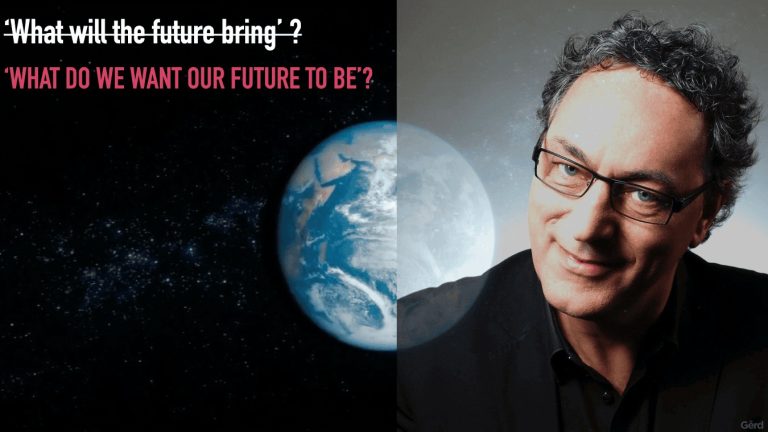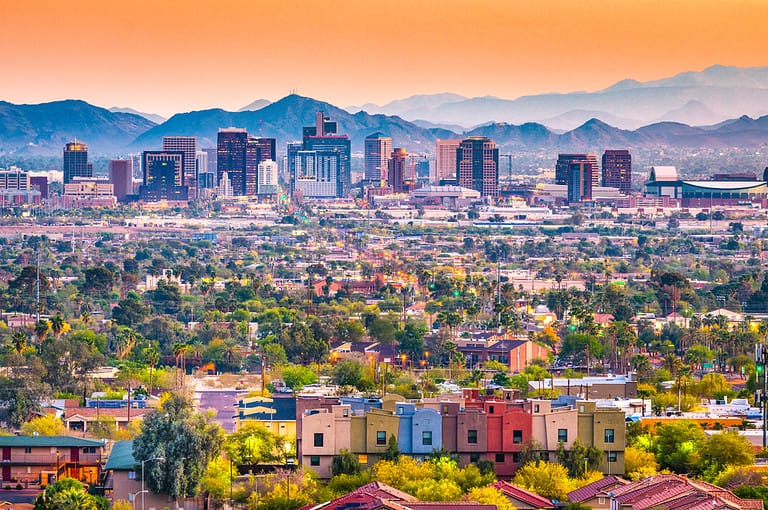- Author: Scott McKain
- Word Count: 571
Read the news article
In other words, workers burned out by the “hustle culture” so recently prevalent have decided to either quit their jobs — or perhaps even more damaging to businesses — disengage themselves from where they are working. In a brilliant article in a recent edition of the Wall St. Journal, Lindsay Ellis and Angela Yang reveal that what we’ve been calling the Great Resignation could lead to something else entirely.
It is, they suggest, “Quiet Quitting.” As the article in the Journal states, ” It isn’t about getting off the company payroll, these employees say. In fact, the idea is to stay on it—but focus your time on the things you do outside of the office.”
The article continues, “Across generations, U.S. employee engagement is falling, according to survey data from Gallup, but Gen Z and younger millennials, born in 1989 and after, reported the lowest engagement of all during the first quarter at 31%.”
WITH EMPLOYEE ENGAGEMENT RATES AT AN ALL-TIME LOW, BUSINESSES NEED TO FIND A WAY TO ADDRESS THIS PROBLEM, OR THEY’LL FACE EVEN MORE TURNOVER AND DISENGAGEMENT IN THE COMING YEARS. I’ve written about my issues with the “hustle culture” many times.
In my opinion, this pushy, “bro” approach in leadership and sales has only made money for the hustlers trying to sell you a program or training on how to do it their way. It does not work for the customers of their programs who turn off their prospects with their pseudo-domineering approach or prospective employees who do not desire to work for a tyrant.
The Consequences of the Hustle Culture
What hustle culture has done is to create a generation of people who feel like they can never do enough, that they’re always falling behind, and that if they’re not hustling 24/7/365, then they’re simply not trying hard enough. This is not sustainable. It’s not possible to hustle all the time without burning out. And when you burn out, you either have to take a break or leave altogether.
This recalibration of the work/life balance is part of what we see with the Great Resignation — people are leaving their jobs because they can’t handle the hustle anymore. They need a break, but often times they don’t know how to take one without feeling like they’re giving up.
IF YOU’RE A BUSINESS OWNER, IT’S TIME TO LOOK AT YOUR CULTURE AND SEE IF HUSTLE IS REALLY WHAT YOU WANT TO ENCOURAGE. IF NOT, IT IS TIME TO MAKE SOME CHANGES.
Something many missed in my work about creating distinction is this: you cannot attain distinction by demand. Hustlers cannot legitimately claim, “I am distinctive!” Your customers and community determine that level of marketplace uniqueness.
Not you. All hustle does is create a lot of noise that drowns out the signal of what actually makes you distinctive. It is the antithesis of sustainable marketing, and it will, eventually, lead to the Quiet Quitting we’re seeing today. If you want to create a sustainable business, it’s time to ditch hustle culture and focus on creating something truly distinctive. Your customers will thank you for it.
What do you think? Have you been affected by hustle culture? Let Scott McKain know. Want to discover a sustainable way to create distinction — and distinctive engagement with your team? Let me know.
Contact us at Speakers Inc and view WeSpeak Global
Speaker Listing
No results available
Further articles you may enjoy:
- (6)
Rich Mulholland: A Beacon of Sales, Leadership, and Innovation In the rapidly evolving landscape of business and leadership, few figures stand out quite like Rich Mulholland. As the founder of Missing Link, a company renowned for its transformative approach to presentations and communication, Rich has become a leading authority on sales, leadership, and innovation. His […]
- August 21, 2024
- (3)
What Is Customer Experience? Why It’s the Business Strategy You Can’t Afford to Ignore In today’s ultra-competitive marketplace, your product or service alone isn’t enough to guarantee growth. What truly sets businesses apart now is the way they make people feel—before, during, and after a transaction. That’s where Customer Experience comes in. But before you […]
- April 18, 2025
- (18)
The pandemic may be easing up in many parts of the world, but its effects will forever shape how we live, work and shop so here are 3 Strategies to Reach Post-COVID Customers The past two years have brought unbelievable challenges and changes. Throughout the uncertainty, people have evaluated their priorities and lifestyles. A full 50% […]
- December 13, 2022
- (9)
Ouch!’Death by PowerPoint.’ That’s the commonly used term. Yet Mr Gates’ programme itself is not inherently evil and why you can do better without slides. Jim Nelson, a man who served as a translator between the American and Russian troops in Bosnia, tells a story about the Russians watching with bemused fascination as their unlikely […]
- December 23, 2022
- (8)
Unveiling the Hottest Trends in Event Entertainment: Elevate Your Corporate Event with Speakers Inc In the ever-evolving landscape of event planning and entertainment, staying ahead of the curve is essential to delivering memorable and impactful experiences for attendees. From corporate conferences to gala dinners, the demand for innovative and engaging entertainment options continues to grow. […]
- March 15, 2024
- (50)
“Technology is exponential but humans are not and can do great things, but it does not WANT to do great things – it does not want anything” says Apple’s CEO Tim Cook (a quote I have often used in my talks). Technology is a tool not a purpose – see my ‘carpenter and the hammer […]
- January 9, 2023
- (13)
Pride Month 2025 Spotlight: Greg R. Baird – A Voice for Unity, Advocacy, and Authentic Change At Speakers Inc., Pride Month is not only a celebration, it’s a call to elevate voices that have long championed equity, inclusion, and community empowerment. This year, we are honored to spotlight Greg R. Baird, a nationally recognized speaker, […]
- June 6, 2025
- (24)
The Power of Booking Top Keynote Conference Speakers in Phoenix, Arizona Introduction: Phoenix, Arizona, a city known for its dynamic atmosphere and growing business landscape, has become a prime destination for conferences and events. In the realm of successful conferences, the choice of keynote speakers plays a pivotal role. This article delves into the reasons […]
- January 19, 2024
No results available












